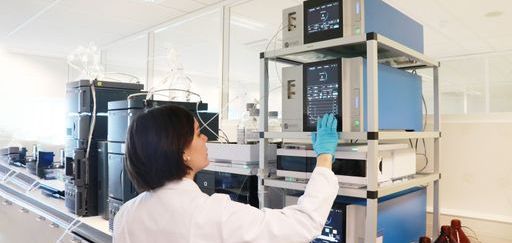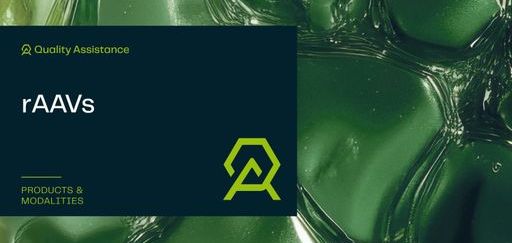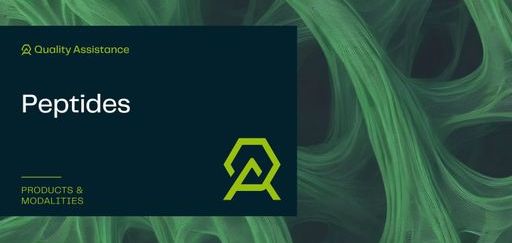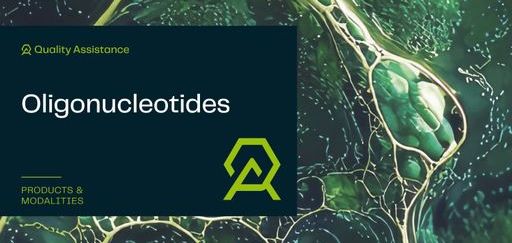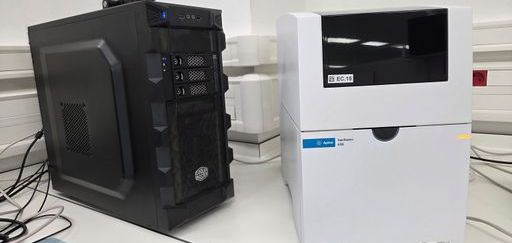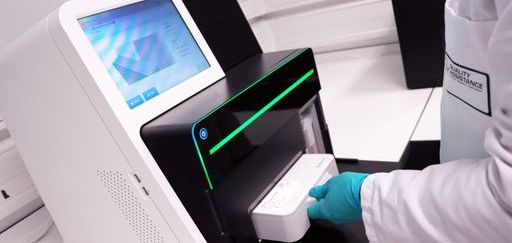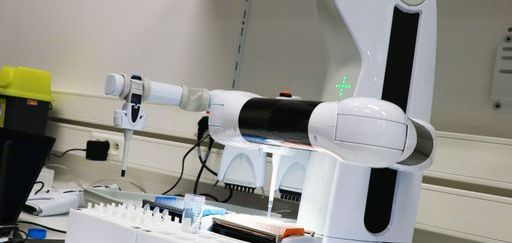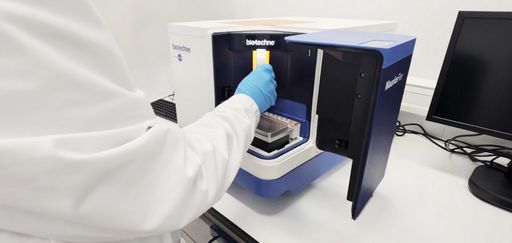Library of scientific data and studies
Brochures
Our brochures provide a clear overview of our analytical capabilities. Product brochures showcase key techniques with technical examples, while service brochures offer targeted insights into our core expertise to help you address specific challenges.

Application Notes
Dive into in-depth scientific content written by our experts, sometimes in collaboration with partners. These notes demonstrate our know-how and are designed for scientists looking for in-depth insights.
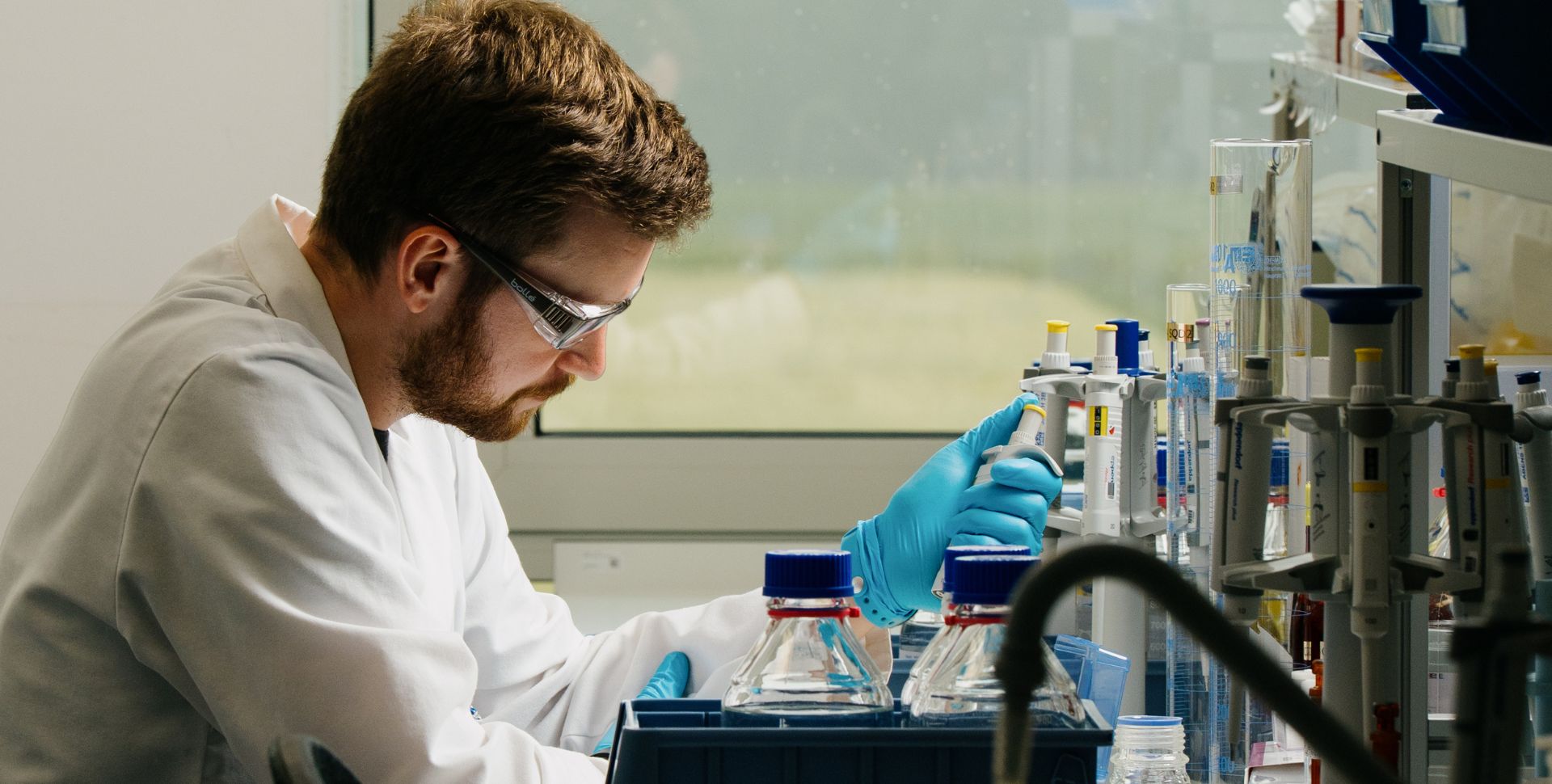
-
AAV purity and VP ratio determination by CE-SDS
-
Robust Oligonucleotide Impurity Profiling in a GMP Setting Using the Waters SQ Detector 2 Mass Detector
-
High-performance PK assay for biotherapeutic antibodies in dog serum: development and qualification with Gyrolab platform
-
Development of a Mixed Lymphocyte Reaction (MLR) assay for evaluating the allogenicity of cell therapy
Scientific Posters
Our posters give you a quick, visual overview of our scientific work. Presented at major conferences, they highlight key results and methods in a clear, accessible format, ideal for understanding how our expertise can support your project.
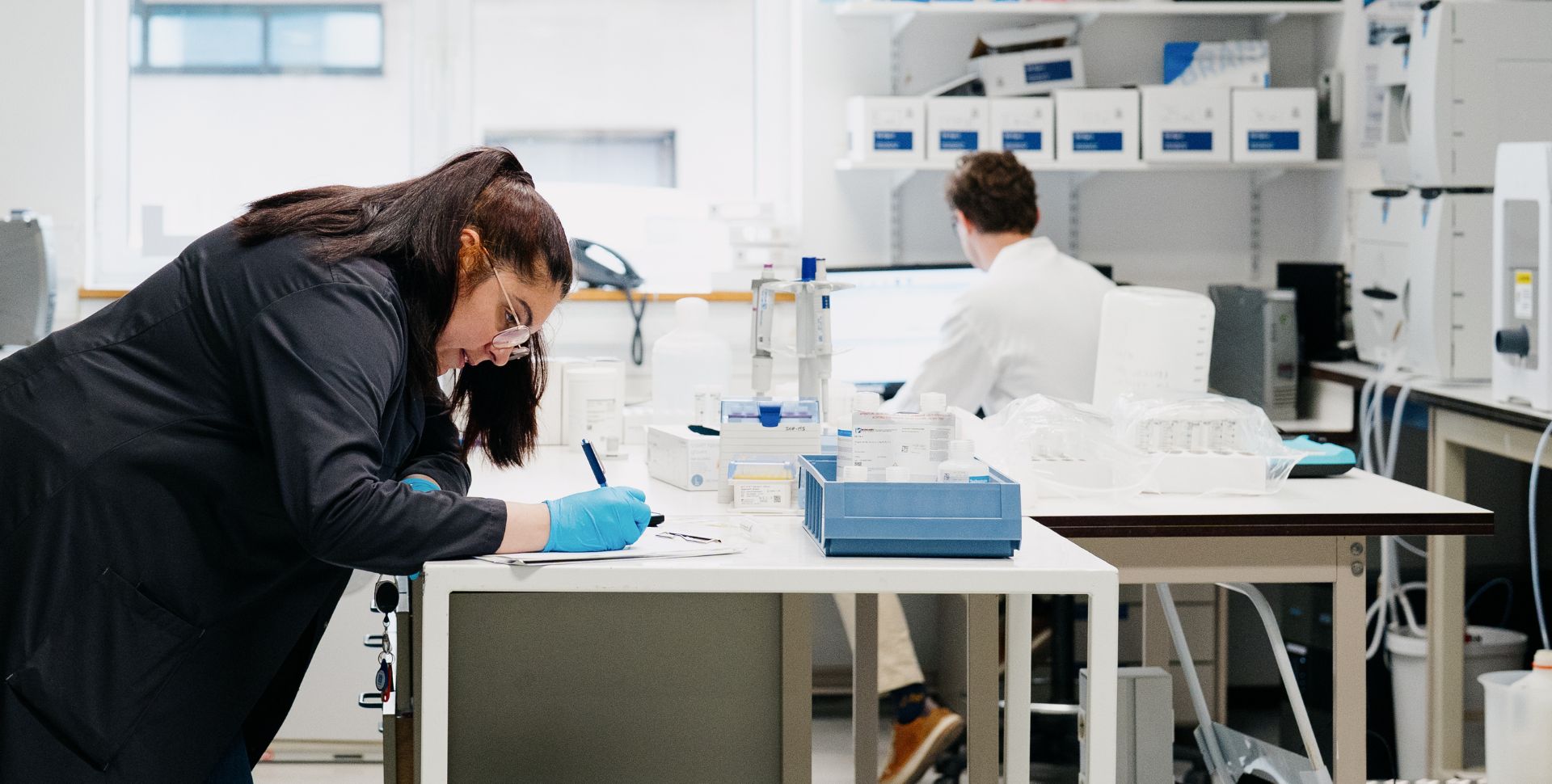
-
High-performance PK assay for biotherapeutic antibodies in dog serum: method development and qualification with the Gyrolab platform
-
Benchmarking of RNases for effective mRNA oligonucleotide mapping
-
High Efficiency Protein A Affinity Columns for the LC-MS and 2D LC-MS Analysis of mAb and msAb
-
Automated sample preparation: enhancing analytical efficiency in biopharmaceutical development
Publications
Access articles we've contributed to external journals and platforms. Some are peer-reviewed. All reflect our commitment to scientific excellence.
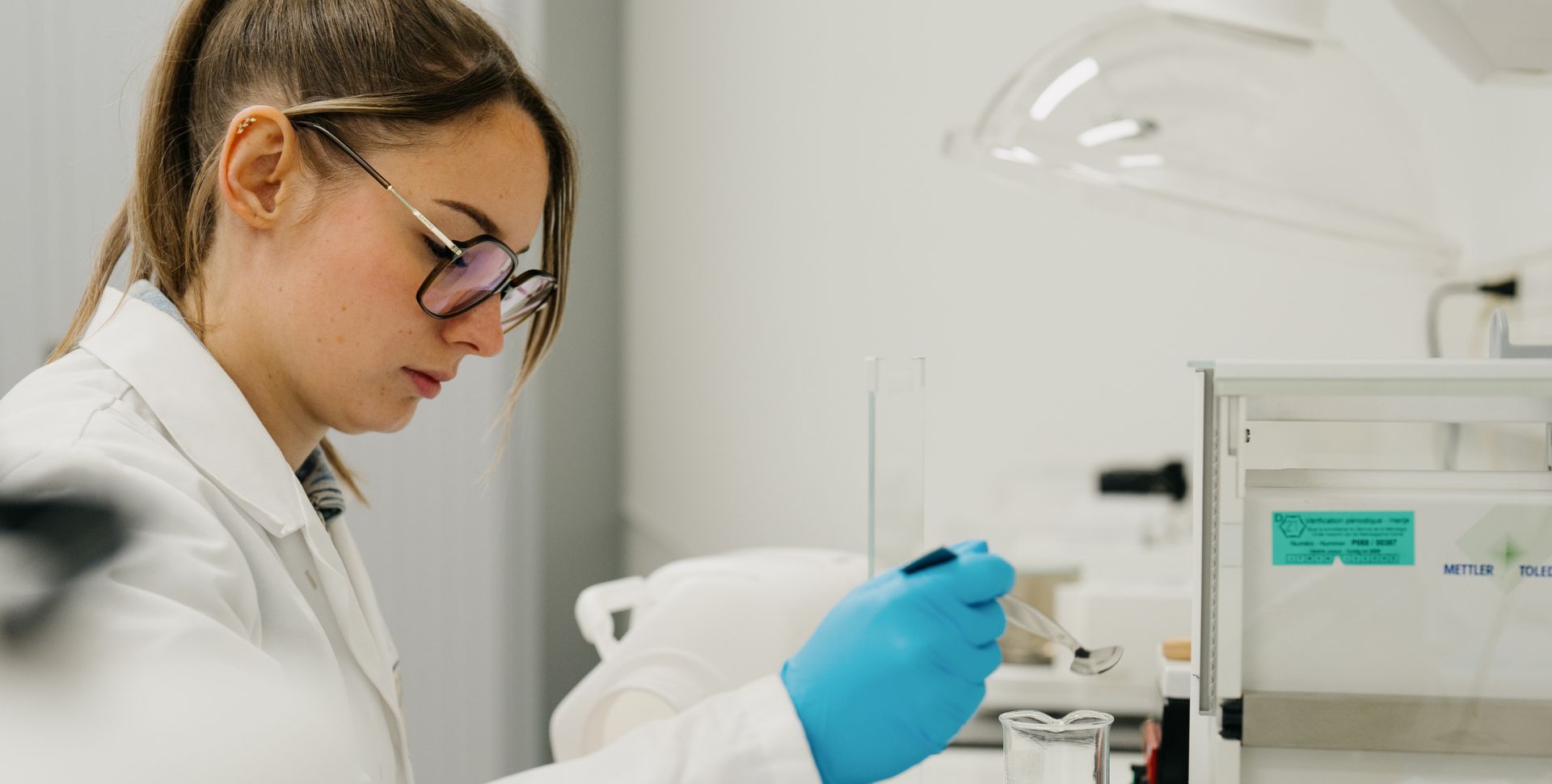
-
Expert Q&A: Vaccine Quality Control in Analytical Methods and Emerging Technologies
-
Advancing Gene Therapy: Enzyme Selection for Effective RNA Oligonucleotide Mapping
-
Robustness evaluation of weak anion exchange chromatography method for the purity analysis of therapeutic oligonucleotides
-
Addressing common challenges of biotherapeutic protein peptide mapping using recombinant trypsin
Study & Technical Sheets
Explore our expertise on targeted specific topics. Theses sheets give you quick, focused insights into a single analytical technique, technology or equipment. Short and easy to read, each sheet highlights how our analytical services can support your specific needs, helping you understand the field of application of our expertise

Webinars
Watch our experts explain complex topics in a clear and engaging way. These videos help you better understand our methods, technologies, and scientific approach.

-
Evaluation of TCR-pMHC Affinity and its implication for T Cell Therapies
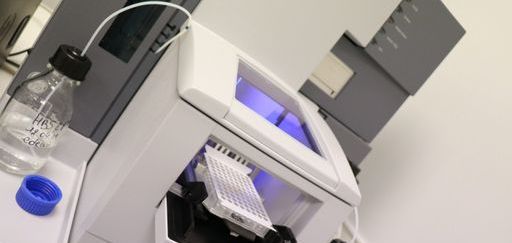
-
Cracking the Code: analysing mRNA and sgRNA with advanced enzymes, mass spectrometry, and informatics
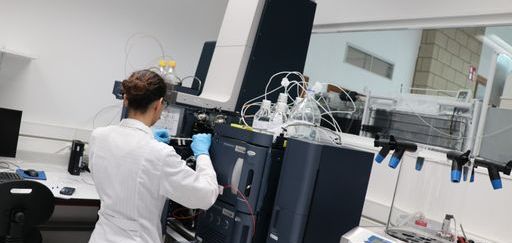
-
Characterisation of particle size distribution in Adeno-Associated Viral Vectors (AAVs) by Dynamic Light Scattering (DLS)
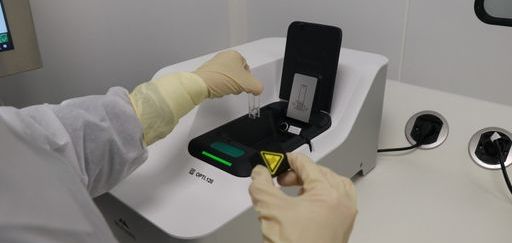
-
Analysis of Oligonucleotides by Size-Exclusion Chromatography: SEC-UV, SEC-MS, SEC-MALS
